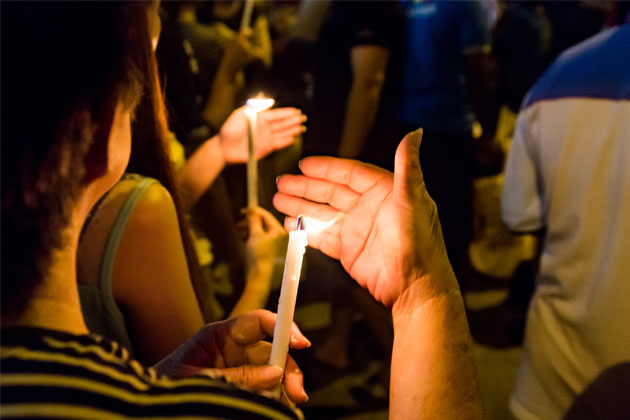As Michiganders struggle to deal with the aftermath of the shootings at Michigan State University on Feb. 13, many are juggling conflicting emotions: anger, fear, sadness, rage, grief, helplessness and others.
That’s all normal in light of the trauma we collectively witnessed Monday night, according to Dr. Caelan Soma, the chief clinical officer for Starr Commonwealth in Albion. Many watched the search in real time for the lone gunman who terrorized the East Lansing campus, killing three and sending five to the hospital before turning the gun on himself.
And many, Soma says, are struggling for answers days later.
Soma says the first step is validating the feeling that this was a very scary situation that elicited an acute stress response for many of us, whether we had a student or loved one on the MSU campus or a child on a campus across the country or we are Michiganders without a direct connection.
“You begin to relate to what those kids experienced last night and put yourself in their position,” Soma said. “Even if you are safe at home, understand the person is no longer a threat and logically know the danger has passed, you can take on a lot of those symptoms and reactions as well. ”
Those stress hormones can continue to roil in our bodies for weeks, keeping us on a high state of alert with fear and worry. Soma notes the next step is to find things that make you feel safe – and that can have little to do with logic.
“Telling yourself that the police have the shooter, he can’t hurt anyone anymore, that everyone is safe and lockdown is over isn’t helpful,” Soma explained. “What you have to do is help your body return to a state of balance.”
That can differ person by person, but Soma says it often comes back to connecting with people – hearing the voice of a loved one, spending time with friends, being able to discuss what happened and how you are feeling and then hearing others are feeling the same way. Other body-based ways to help you feel comfort and safety might include cozying up to watch a movie, listening to music, baking cookies, going for a walk or anything that helps you get your body back in balance.
“Our stress response is intense anxiety, and telling people to chill out doesn’t help,” she says. “They need to feel their body is chilling out and experiencing a sense of safety. It doesn’t matter how old you are.”
Founded in 1913 as a home for runaway and homeless boys, Starr Commonwealth has grown and evolved over the decades to provide community-based programs, education and behavioral health services that create and promote universal hope, boundless love and limitless success for children. Starr recognizes that trauma is real – but it does not seal an individual’s fate.


